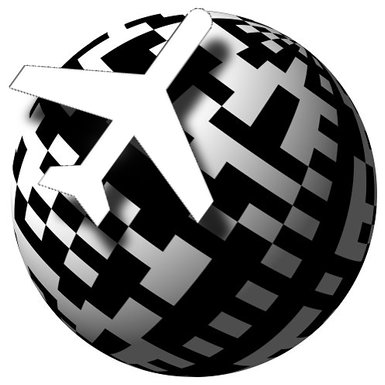 NEWS
NEWS
 NEWS
NEWS
 NEWS
NEWS
![]() This past week, United and Continental Airlines made a last transition to becoming one airline. For its reservation system, the combined companies dropped the United Web-based interface for a command line interface that runs on Microsoft DOS. And the outcome is what you might expect. Aggravation, anger and a very public indictment of using legacy, antiquated software at the expense of your customers and employees.
This past week, United and Continental Airlines made a last transition to becoming one airline. For its reservation system, the combined companies dropped the United Web-based interface for a command line interface that runs on Microsoft DOS. And the outcome is what you might expect. Aggravation, anger and a very public indictment of using legacy, antiquated software at the expense of your customers and employees.
To its credit, United will adopt a new reservation system. But it’s unclear how long this will take. And in the meantime, the accounts about delayed flights are being documented news sites and blogs. You can read more here, here, here and here.
I waited for for my United flight earlier this week in San Francisco. I had just gone through security after 45 minutes at the ticket counter trying to get a boarding pass. Nothing worked with the kiosk. Not the confirmation number, the ticket number nor my credit card. Dozens of passengers waited for the two or three agents. A “training,” agent finally helped me get my boarding pass but not after complaining that she is not supposed to be working.
At the gate an attendant pecked away at a keyboard. A long time passenger asked about the flight and the attendant waved a bunch of papers. He showed me two pages of codes for using the new system United inherited from Continental Airlines. It’s called SHARES, Continental’s legacy airline reservation system. And it runs on DOS. Prior to last week, agents used an HTML-based system.
It’s not like the United reservation system worked much better. United used Apollo, a reservation system that dates back to 1971.
Constellation Research CEO Ray Wang said in an interview yesterday that a green screen system like the one from Continental can be powerful and very effective if employees get trained properly. But the training takes six months. That can get expensive for any company that has high turnover.
But that’s a counter intuitive approach. In an age of tablets and smartphones, United is holding onto processes that severely limits its capabilities.
How often do you see antiquated systems turn friendly services people into the worst possible spokesperson a company could have?
Apollo was originally built in 1971. SHARES dates back several decades. It is related to PARS, the airline reservation system originally built by IBM. The new combined airlines will use a new system developed by HP Enterprise Services.
Management consultants are saying the problems over the past several days with passengers should be a short-term problem that will not affect customer service.
But what about the antiquated systems and how they affect overall service and the demands of a mobile society?
HP Enterprise Services is building a new reservation system for United. Wang says he is hearing it is behind schedule. It remains to be seen what form that new reservation system will take. But moving it off DOS seems like it would make a lot of sense for a company operating in age where a Web oriented services infrastructure and mobile strategy is considered the new recipe for success.
Last year, PC World ranked the airlines based on the technologies they offer. I wonder how United would rank today with a system that by accounts looks more like a step backward than forward.
THANK YOU